Witchdoctor Rating
-
- 9/109/10
Summary
A young girl and a super pig, and a dastardly plot by an industrial food corp makes for an odd movie idea, but ANDREW JOHNSTONE thinks it’s real rad.
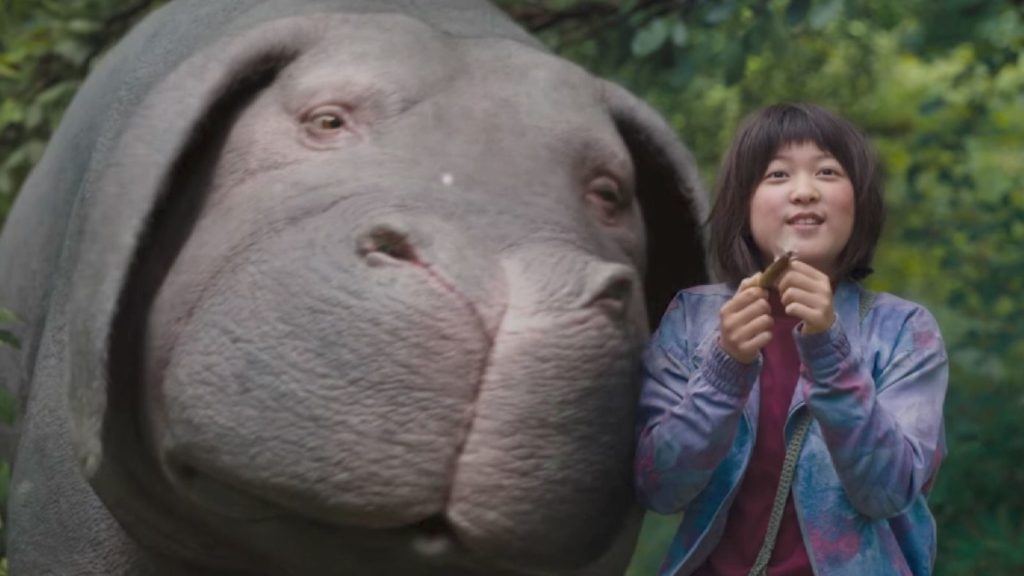
In July 2000, the US Military dumped 75 litres of formaldehyde into the River Han (the Korean peninsula’s third longest river). This river serves as a drinking source for some 12 million people, and the incident turned into a scandal of epic proportions.
Six years later, young South Korean filmmaker Bong Joon-ho released his third feature film, The Host. In his version of events the formaldehyde pollution mutates a fish into a rampaging monster that comes up against a hapless Joe, who overcomes his lassitude when the beast takes his daughter.
Mad, frenetic and laugh-out-loud funny, The Host was a huge hit in movie-mad South Korea, and by the time it finished its international run it had racked in an astonishing $US90 million. For a time it was Korea’s most successful film ever.
His first feature, Barking Dogs Never Bite (2000) is set in a large apartment complex in Seoul, and concerns a young unemployed college professor who is being driven to distraction by barking dogs housed illicitly throughout the complex.
In his quest for quiet he resorts to abusing them, but when that fails to achieve the desired results he takes to kidnapping and disposing of them. Along the way we are offered an intimate look at the daily life of work-a-day Koreans, and are introduced to one of Joon-ho’s favourite characters, the hapless ‘ne’er do well’. It is a furiously dark film that failed miserably at the box office.
His second film Memories Of Murder (2003) examined a series of unsolved murders that took place in the small town of Hwaseong between September 15, 1986 and April 3, 1991. In each case, a female was found bound and murdered. A searing examination of police incompetence and corruption, it is reminiscent of NZ’s own Crewe murders, a similar story about detectives falling prey to the pressure as they struggle to secure a result.
The Host (2006) followed three years later, and eschewing the predictable genre follow-up he opted for a Coen Brothers-style murder/thriller. Then there’s Mother (2009) about an ageing widow and her intellectually limited son. When the boy is arrested for the murder of a young woman, her response is volcanic. How far will a mother go for her boy? Quite far as it turns out, and be warned, this crazed exposition of a mother’s love is not for the faint of heart. With Mother, Joon-ho scored another massive commercial and critical hit, and set himself up among the leading filmmakers of his generation.
In 2013, defying all expectations, Joon-ho changed directions again when he tackled the beloved French dystopian/sci-fi graphic novel Le Transperceneige. After a failed attempt at climate engineering results in a new ice age, the remnants of humanity survive on a purpose-built train that endlessly circles the globe, low caste workers living down the tail end supporting an elite who live a life of luxuriant privilege up the front. A delicious fable about Libertarianism taken to its fullest conclusion, it fair bounces along.
With his latest, Okja, he stays close to the fantastical and the result is like something Japan’s revered anime artist Hayao Miyazaki might make. Lead character Mija (Ahn Seo-hyun) could be any number of Miyazaki’s positive female protagonists, and her sidekick Okja any number Studio Ghibli’s gentle and fantastical creature creations.
Considered ‘the future of food’ by the corporation that created him, Okja is a genetically modified pig (think hippo) and Mija is the granddaughter of the mountain farmer contracted to bring Okja to maturity. Okja and Mija have grown up together and the two are inseparable friends until the day the corporation’s representatives stumble up the mountainside to reclaim their property. Suddenly, a new reality sets in for Mija and Okja.

From here, Okja turns into a rip-roaring yarn about a young girl determined to save her best friend from a god-awful fate, and here we have more Ghibli in the form of those frenetic chase scenes that are part of their stock-in-trade. Then there is a glorious retinue of Ghibli-like characters: clowns and eccentrics, the good, the bad and the indifferent, the craven and the heroic. A perspective of humanity that pulls no punches, it feels a bit like Miyazaki’s Porko Rosso (1992) at times.
In Snowpiercer, Tilda Swinton, as Minister Mason the erstwhile controller of the train, channelled Margaret Thatcher magnificently. In Okja, she plays corporate kingpin Lucy Mirando (the Mirando Corporation), and dissects the cult of the CEO to shattering effect. (If her takedown was Mark Zuckerberg, she succeeded magnificently).
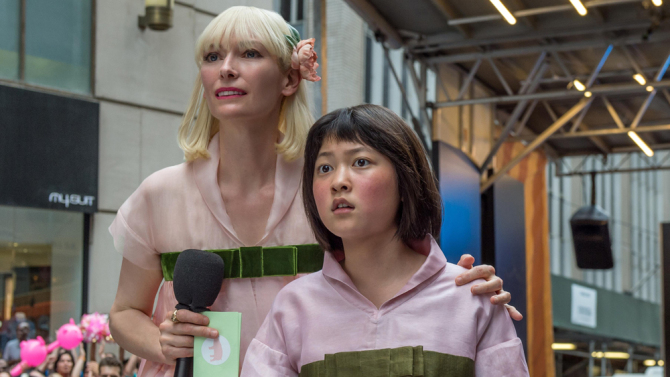
Paul Dano (There Will Be Blood) as Jay – leader of a group of animal rights activists (ALF) – paints a slightly disturbing portrait of a ‘righteous leader’, and Jake Gyllenhaal shines as TV zoologist Johnny Wilcox. This is American style ‘cult of celebrity’ as viewed through Korean eyes. The sight is not pretty, and full credit to the actor and director who applied the East Asian clown/joker to an American persona and made it work.
“Mmm-mmm, is so good,” confirm professional testers eating bits of BBQued Okja. By this time the creature has been ripped from her home, tasered and shocked, poked, prodded and sampled. She has given up and is slumped on the floor, bewildered and in pain. In a triumph of CGI, Joon-ho brings his lens up to her eyes, and we see what she is feeling. It is quite a moment. The next stop is the killing floor and the supermarket shelves.

Joon-ho spent some time in a slaughterhouse as he prepared the movie, and the experience turned him vegan, for a while. He later confessed that the temptation of the ubiquitous Korean BBQ was too much, and he returned to meat, albeit with a new respect for the creatures raised to feed us. And this sentiment pretty much sums up the whole enterprise. Okja pleads for respect, concern and care, for the planet, for each other and for the creatures raised to feed us.
Let’s finish with Studio Ghibli. Its founder Hayao Miyazaki tells complex multi-layered stories that urge us to be good and kind and decent. But he never preaches. He demonstrates. His magical stories, made for adults and children alike, are wisdom fables wrapped up in grand entertaining spectacle. This is the territory Joon-ho explores with Okja.
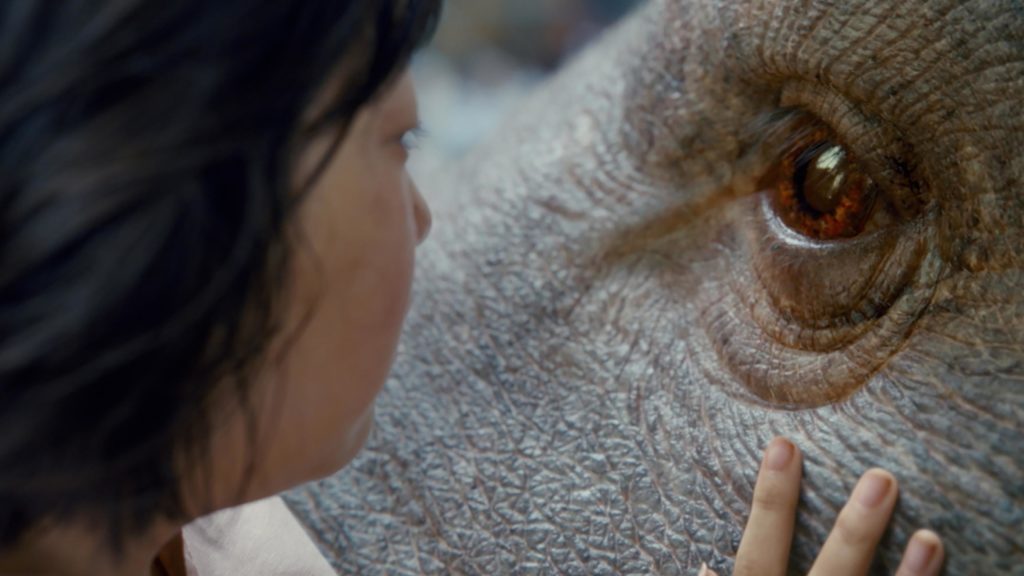
Best moment? When they match 1970s country pop star John Denver’s turgid ‘Annie’s Song’ with an action/fight scene. Joon-ho loves using music for irony, and this set-piece fair rocks along. Okja herself is a masterful CGI creation, and Mija, with a good heart and mind all her own, is a hero figure worth fighting for. It’s a special film and should be on every family’s must-see list for the next 10 years at least. Joon-ho is one of the early 21st century’s great filmmakers.
* Okja is available in NZ on Netflix.

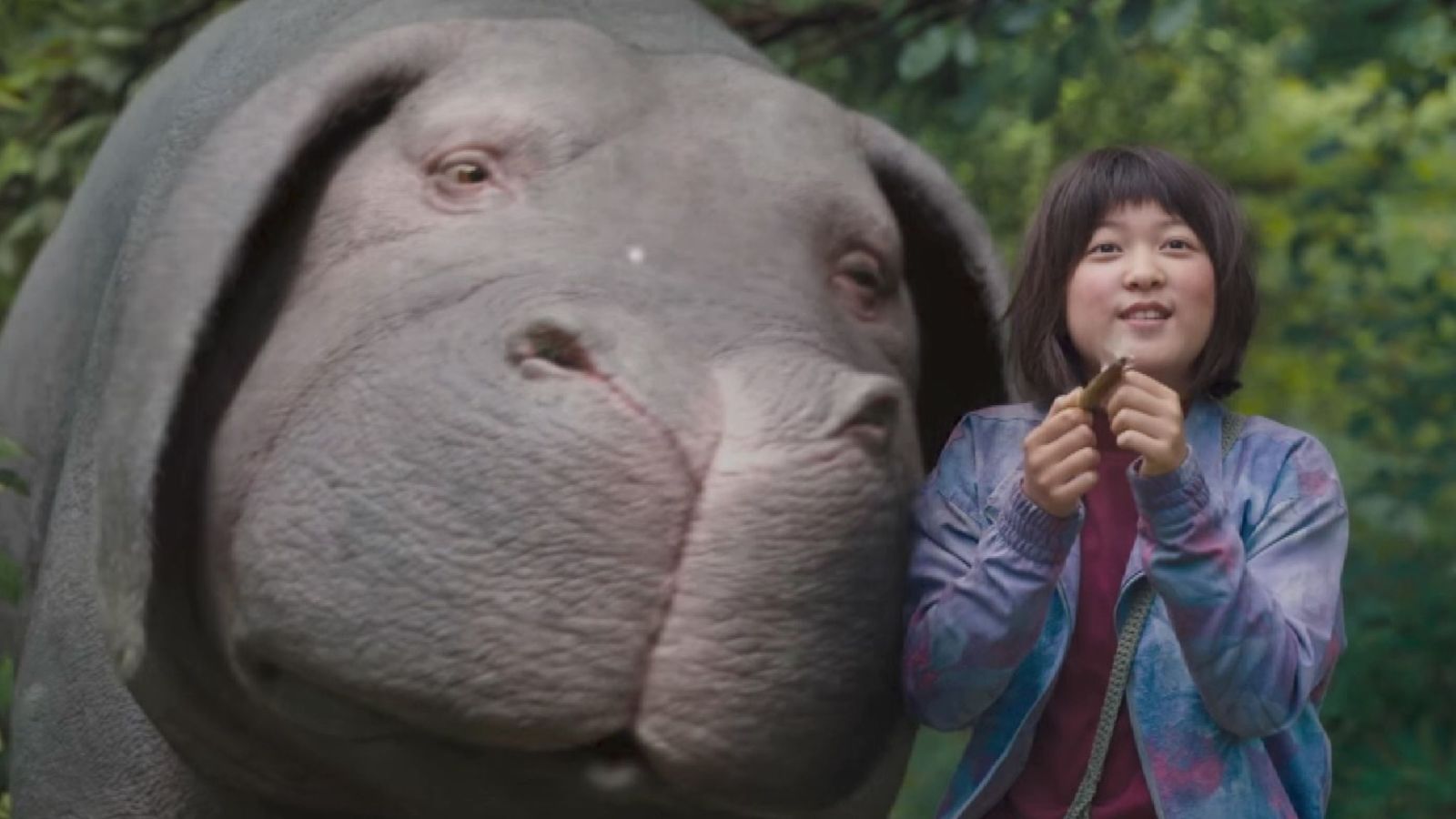



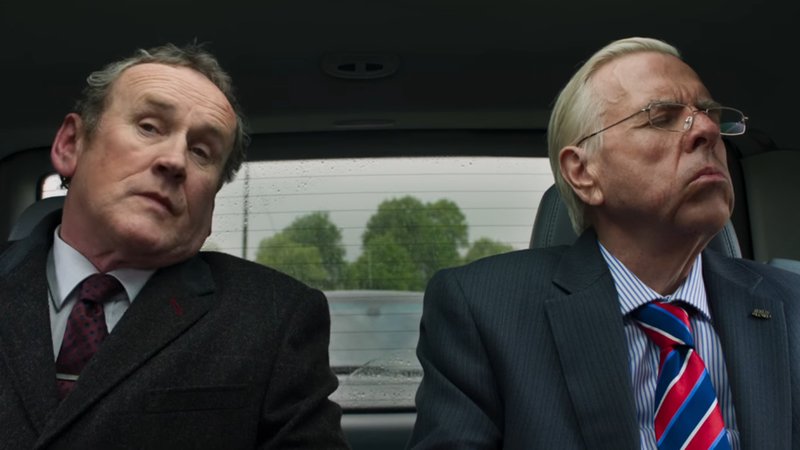
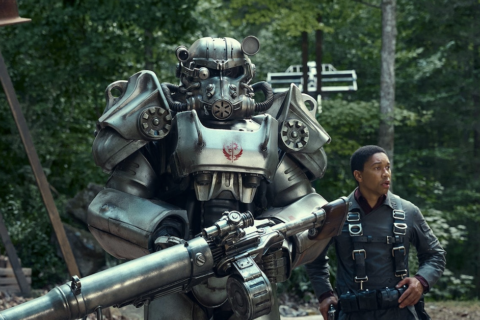
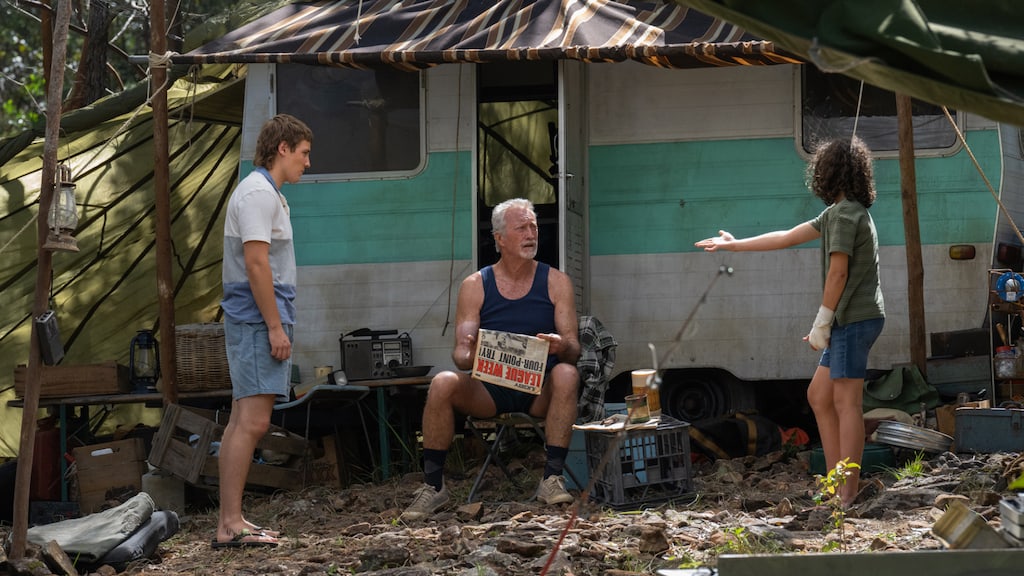

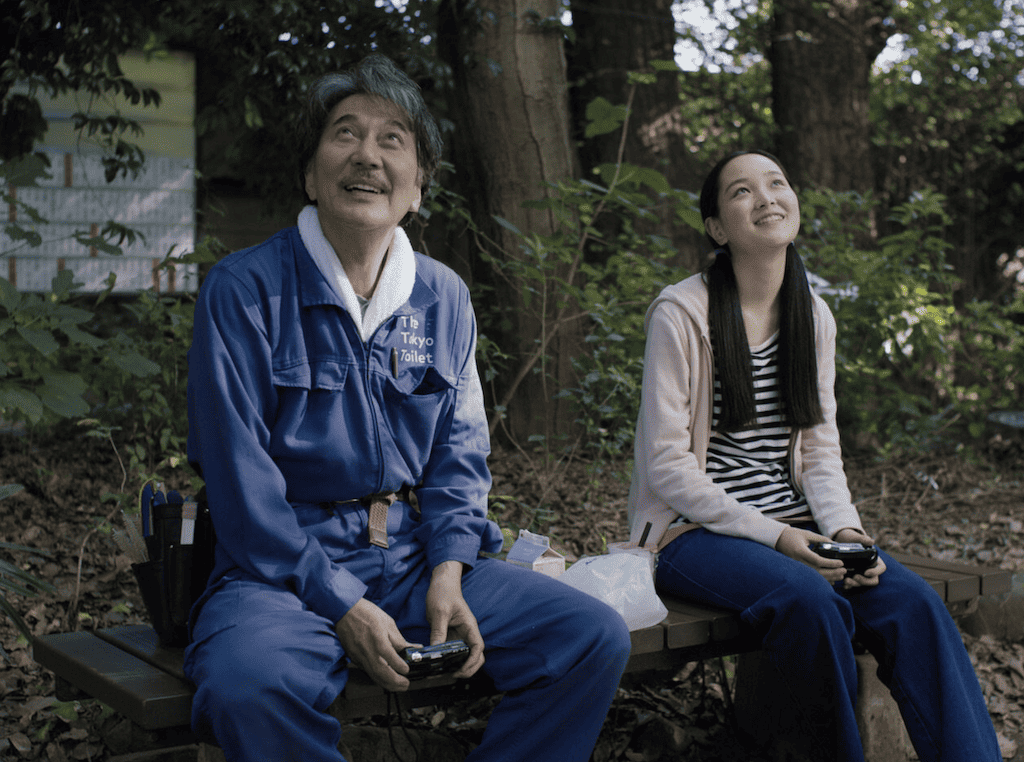
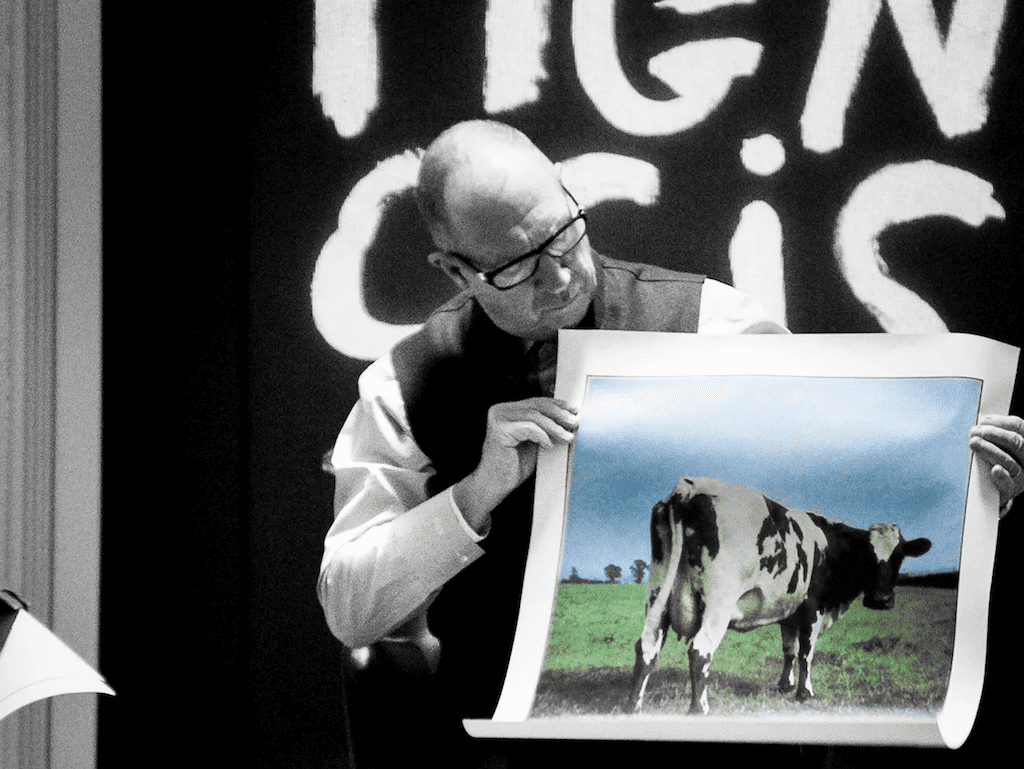

Yeah you got it right. What a great movie.